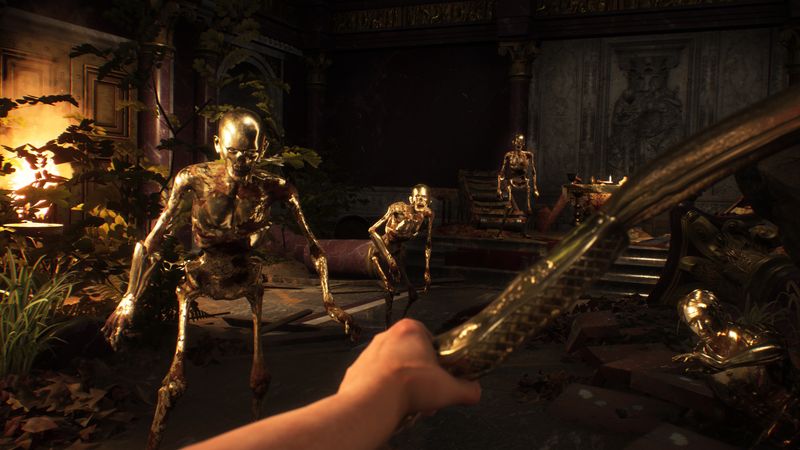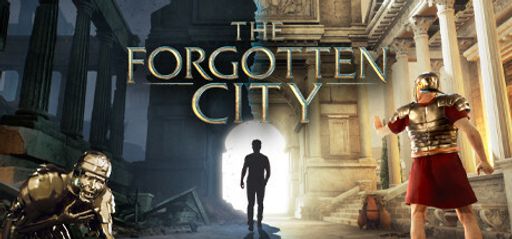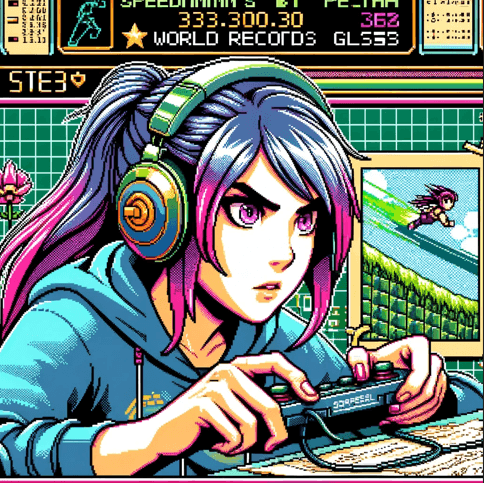 I’ll kick us off. The Forgotten City from Modern Storyteller, published by Dear Villagers, is a speedrunner’s puzzle feast. The time loop and the Golden Rule give clear mechanics to exploit. Furthermore, you can skip long sequences with smart item carryover. Some players praised it as “life-changing” and “obsessive.” These lines show the game hooks deep. However, one critique says loops can feel repetitive and grindy. That slows pace and hurts flow. Nevertheless, you can avoid that with routing. Tip: plan your loops, carry key items, and chain outcomes. In addition, speedruns often split by major endings. Fun fact: the game grew from a Skyrim mod into a full release. That origin therefore explains its tight mystery focus.
I’ll kick us off. The Forgotten City from Modern Storyteller, published by Dear Villagers, is a speedrunner’s puzzle feast. The time loop and the Golden Rule give clear mechanics to exploit. Furthermore, you can skip long sequences with smart item carryover. Some players praised it as “life-changing” and “obsessive.” These lines show the game hooks deep. However, one critique says loops can feel repetitive and grindy. That slows pace and hurts flow. Nevertheless, you can avoid that with routing. Tip: plan your loops, carry key items, and chain outcomes. In addition, speedruns often split by major endings. Fun fact: the game grew from a Skyrim mod into a full release. That origin therefore explains its tight mystery focus.
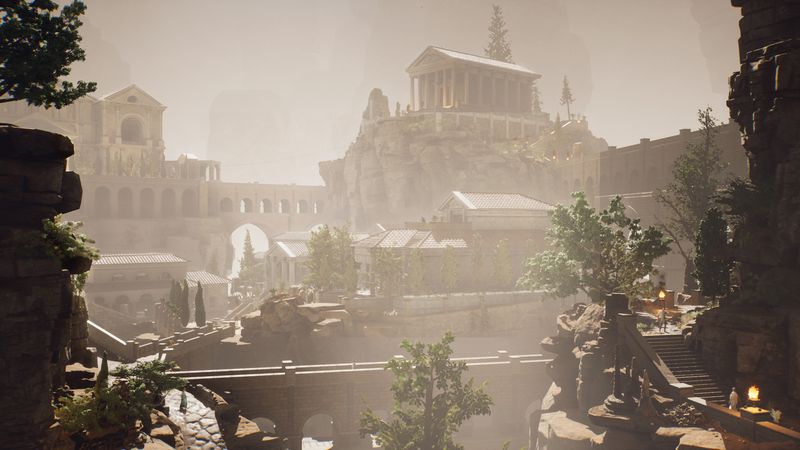
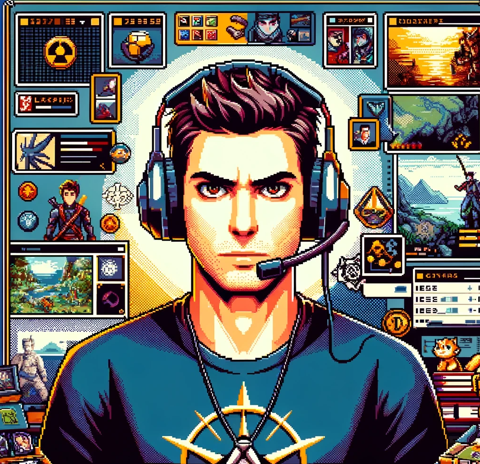 I love how you frame loop strategy. From my side, the game rewards thorough play. Modern Storyteller layered clues and optional scenes. As a result, the city feels full. NPC routines, small notes, and hidden rooms all matter. Steam reviewers loved the writing and world. For example, one wrote it made them “feel like a slightly different person.” I agree. On the other hand, a common complaint is hitting a dead loop with no hint. That can stall a completion run. My fix: track all character states and use a checklist. Moreover, there are multiple endings and many dialog branches. For completionists, that’s a big plus. Also, the game uses Unreal Engine 4, so art and lighting look polished. Steam achievements, meanwhile, map well to exploration tasks.
I love how you frame loop strategy. From my side, the game rewards thorough play. Modern Storyteller layered clues and optional scenes. As a result, the city feels full. NPC routines, small notes, and hidden rooms all matter. Steam reviewers loved the writing and world. For example, one wrote it made them “feel like a slightly different person.” I agree. On the other hand, a common complaint is hitting a dead loop with no hint. That can stall a completion run. My fix: track all character states and use a checklist. Moreover, there are multiple endings and many dialog branches. For completionists, that’s a big plus. Also, the game uses Unreal Engine 4, so art and lighting look polished. Steam achievements, meanwhile, map well to exploration tasks.
 I’ll focus on mechanics and choices. The game blends adventure, social puzzle, and stealth. Combat exists but it rarely solves the mystery. In fact, violence often breaks things. Dialogue options act like skills. Charm, intimidation, and bribery feel like different builds. Consequently, you can play many character types. That aligns well with modern narrative design. Furthermore, the Golden Rule mechanic forces ethical play. It’s design-driven: one sin kills everyone. That raises tension and adds real weight to choices. The developers said they wanted moral stakes to matter. Comparatively, it feels like Disco Elysium for talk-driven mystery. It is also similar to Outer Wilds for loop-driven discovery. However, The Forgotten City leans heavier on social puzzles than on action. Fun fact: Modern Storyteller focused on branching dialogue to keep player agency central.
I’ll focus on mechanics and choices. The game blends adventure, social puzzle, and stealth. Combat exists but it rarely solves the mystery. In fact, violence often breaks things. Dialogue options act like skills. Charm, intimidation, and bribery feel like different builds. Consequently, you can play many character types. That aligns well with modern narrative design. Furthermore, the Golden Rule mechanic forces ethical play. It’s design-driven: one sin kills everyone. That raises tension and adds real weight to choices. The developers said they wanted moral stakes to matter. Comparatively, it feels like Disco Elysium for talk-driven mystery. It is also similar to Outer Wilds for loop-driven discovery. However, The Forgotten City leans heavier on social puzzles than on action. Fun fact: Modern Storyteller focused on branching dialogue to keep player agency central.
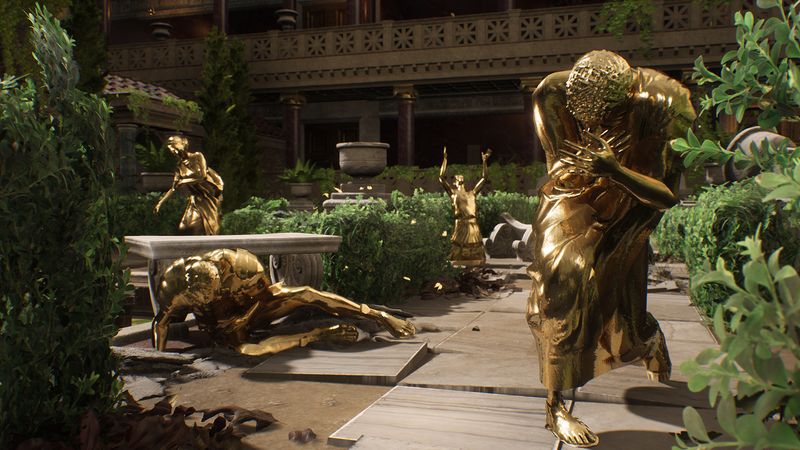
 I came in for exploration. The city feels alive and historically rooted. Costumes and architecture match Roman styles. Therefore, you feel inside a believable past. Many users praised the visuals and immersive world. For instance, one said the setting stayed with them long after play. I found the exploration rewarding. Yet the pacing can drag if you repeat the same loops. That’s the main critique from players who got bored. But I found new paths each loop. As a result, things stayed fresh. The game also gives you choices in how to approach NPCs. You can sneak, talk, bribe, or provoke. That freedom suits open-minded explorers. Moreover, Dear Villagers often backs story-first indies, which explains the strong narrative focus here.
I came in for exploration. The city feels alive and historically rooted. Costumes and architecture match Roman styles. Therefore, you feel inside a believable past. Many users praised the visuals and immersive world. For instance, one said the setting stayed with them long after play. I found the exploration rewarding. Yet the pacing can drag if you repeat the same loops. That’s the main critique from players who got bored. But I found new paths each loop. As a result, things stayed fresh. The game also gives you choices in how to approach NPCs. You can sneak, talk, bribe, or provoke. That freedom suits open-minded explorers. Moreover, Dear Villagers often backs story-first indies, which explains the strong narrative focus here.
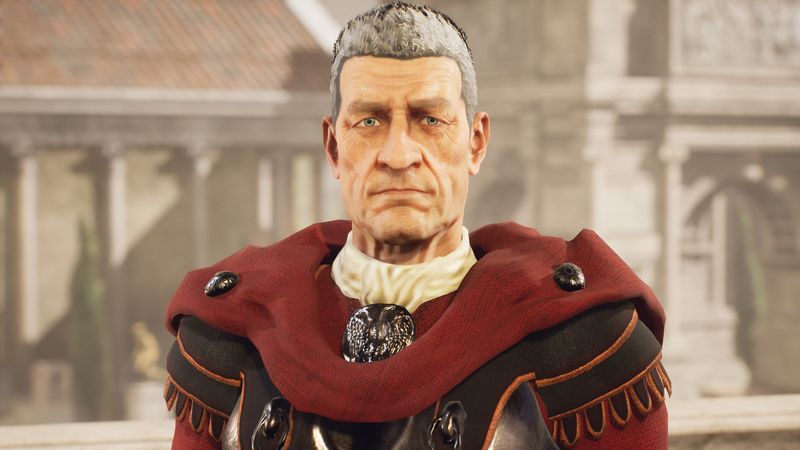
 On mechanics again, you can exploit item persistence across loops. That mechanic doubles as a speed tool and a puzzle element. It rewards clever thinking. If you want to practice, do short loops to gather evidence and items. Then run a final stitched route. The speed community has untapped categories for this game.
On mechanics again, you can exploit item persistence across loops. That mechanic doubles as a speed tool and a puzzle element. It rewards clever thinking. If you want to practice, do short loops to gather evidence and items. Then run a final stitched route. The speed community has untapped categories for this game.
 Let’s talk story. The mystery tightens as you learn more. Plot twists land because characters feel real. Dialogue carries the plot. The developers adapted the original mod’s core mystery. Interviews show they wanted choices to change outcomes, not just flavor text. That intent shows in branching endings. A downside: some threads interlock tightly. Solve one piece and new questions emerge. That complexity can overwhelm casual players. A better in-game hint system would help.
Let’s talk story. The mystery tightens as you learn more. Plot twists land because characters feel real. Dialogue carries the plot. The developers adapted the original mod’s core mystery. Interviews show they wanted choices to change outcomes, not just flavor text. That intent shows in branching endings. A downside: some threads interlock tightly. Solve one piece and new questions emerge. That complexity can overwhelm casual players. A better in-game hint system would help.
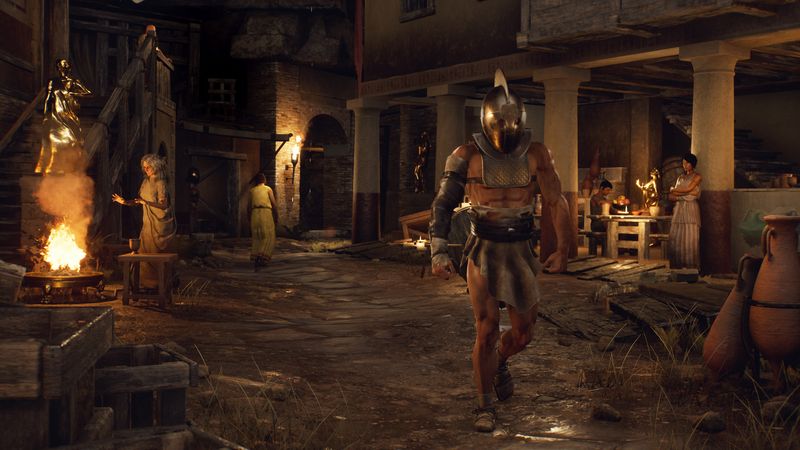
 Dialogue quality ranks high. Voice acting and script mostly sell characters. Some lines feel repetitive after many loops. That impacts immersion slightly. Sound design cues work well. Footsteps, distant chatter, and environmental noise help locate NPCs. Music swells for key revelations and builds tension. The soundtrack fits the setting.
Dialogue quality ranks high. Voice acting and script mostly sell characters. Some lines feel repetitive after many loops. That impacts immersion slightly. Sound design cues work well. Footsteps, distant chatter, and environmental noise help locate NPCs. Music swells for key revelations and builds tension. The soundtrack fits the setting.
 Visually, the art direction mixes warm stone tones and bright fresco colors. That palette helps mood and clarity. Lighting highlights secrets and hides clues. Performance varies by platform. PC runs well on mid-range rigs. Consoles are fine but watch frame drops in crowded scenes. Players with older machines should lower shadow and particle settings.
Visually, the art direction mixes warm stone tones and bright fresco colors. That palette helps mood and clarity. Lighting highlights secrets and hides clues. Performance varies by platform. PC runs well on mid-range rigs. Consoles are fine but watch frame drops in crowded scenes. Players with older machines should lower shadow and particle settings.
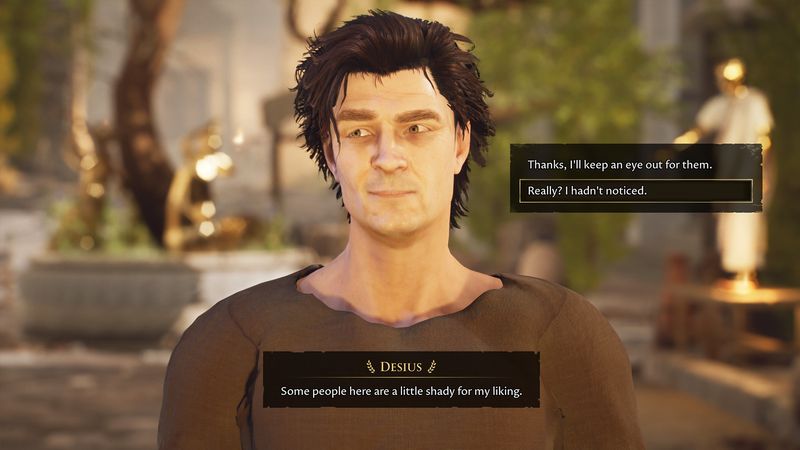
 Characters stand out. Each has a distinct backstory and motive. The game also gives options to play as different genders and origins. That boosts replayability and inclusion. Representation feels thoughtful. NPC arcs tie into the Golden Rule. Your decisions shape those arcs. That makes choices matter beyond surface consequences.
Characters stand out. Each has a distinct backstory and motive. The game also gives options to play as different genders and origins. That boosts replayability and inclusion. Representation feels thoughtful. NPC arcs tie into the Golden Rule. Your decisions shape those arcs. That makes choices matter beyond surface consequences.
 On challenge, puzzles test logic more than reflex. Combat is rare and punitive. The real challenge is social deduction and timing. Some players report difficulty spikes when a sequence demands multiple precise actions. Accessibility options could smooth this. I’d like better hint toggles and optional skip mechanics for repeat scenes.
On challenge, puzzles test logic more than reflex. Combat is rare and punitive. The real challenge is social deduction and timing. Some players report difficulty spikes when a sequence demands multiple precise actions. Accessibility options could smooth this. I’d like better hint toggles and optional skip mechanics for repeat scenes.
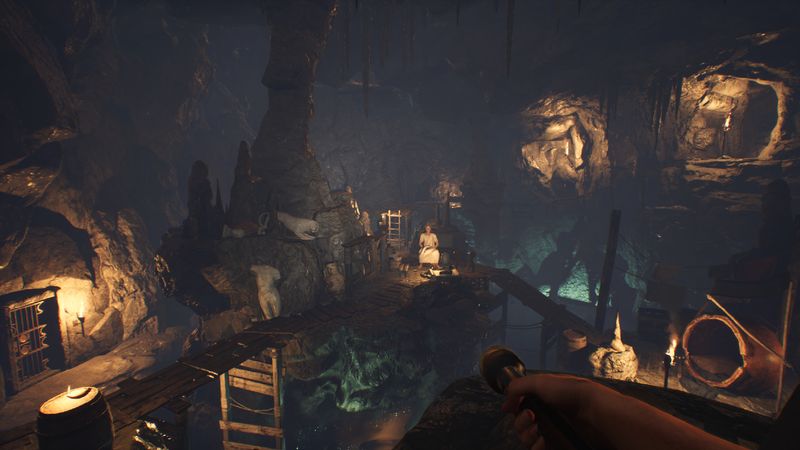
 Replay value is strong. Multiple endings and hidden paths reward players who experiment. Users on Steam said they became obsessed replaying. That mirrors my experience. For speedrunners, the branching endings create distinct categories and for explorers, the living city invites repeat visits. For completionists, achievements pull you back.
Replay value is strong. Multiple endings and hidden paths reward players who experiment. Users on Steam said they became obsessed replaying. That mirrors my experience. For speedrunners, the branching endings create distinct categories and for explorers, the living city invites repeat visits. For completionists, achievements pull you back.
 Compared to similar games, it stands with Outer Wilds and Disco Elysium in story weight. It feels more intimate than Outer Wilds. It feels more puzzle-driven than Disco Elysium.
Compared to similar games, it stands with Outer Wilds and Disco Elysium in story weight. It feels more intimate than Outer Wilds. It feels more puzzle-driven than Disco Elysium.
 Final thoughts? The Forgotten City adds real depth to narrative design. Modern Storyteller turned a mod into a thoughtful indie title. Dear Villagers supported a focused release. It can frustrate with repetition. But if you love branching mysteries, it rewards deep play.
Final thoughts? The Forgotten City adds real depth to narrative design. Modern Storyteller turned a mod into a thoughtful indie title. Dear Villagers supported a focused release. It can frustrate with repetition. But if you love branching mysteries, it rewards deep play.
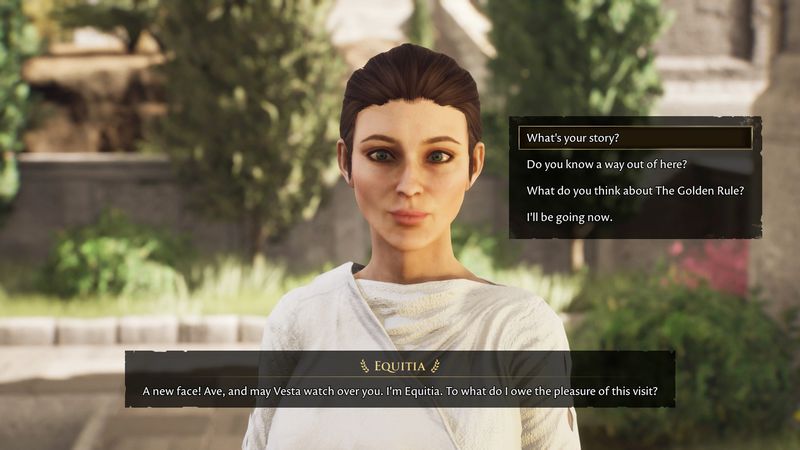
 The game teaches designers how to make moral stakes matter. Its mechanics tie directly to story. That makes choices feel earned. I recommend clearer in-game tracking and more optional hints.
The game teaches designers how to make moral stakes matter. Its mechanics tie directly to story. That makes choices feel earned. I recommend clearer in-game tracking and more optional hints.
 Speed-run friendly and puzzle-rich. Use loop planning to cut time and solve things fast. It’s a tight package for strategic players.
Speed-run friendly and puzzle-rich. Use loop planning to cut time and solve things fast. It’s a tight package for strategic players.
 If you love exploration and strong writing, play this. Expect a few repetitive runs, but expect meaningful payoffs.
If you love exploration and strong writing, play this. Expect a few repetitive runs, but expect meaningful payoffs.
 If you enjoyed this game, you’ll love similar titles that capture mystery, storytelling, and player choice. Outer Wilds offers a mind-bending time-loop adventure built on discovery, while Disco Elysium focuses on dialogue-driven roleplay and deep writing. For detective-style immersion, Return of the Obra Dinn excels in investigation and deduction, and The Vanishing of Ethan Carter delivers an atmospheric mystery through environmental storytelling. Fans of narrative consequence will also find Life is Strange a perfect emotional, choice-driven experience.
If you enjoyed this game, you’ll love similar titles that capture mystery, storytelling, and player choice. Outer Wilds offers a mind-bending time-loop adventure built on discovery, while Disco Elysium focuses on dialogue-driven roleplay and deep writing. For detective-style immersion, Return of the Obra Dinn excels in investigation and deduction, and The Vanishing of Ethan Carter delivers an atmospheric mystery through environmental storytelling. Fans of narrative consequence will also find Life is Strange a perfect emotional, choice-driven experience.
